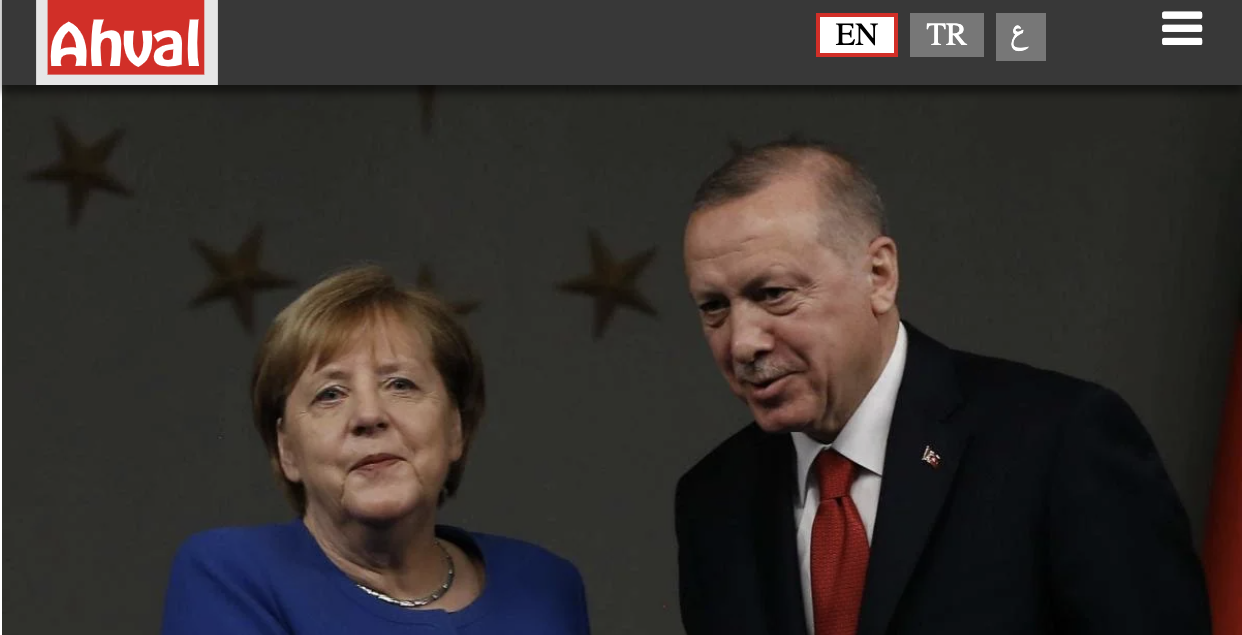Merkel’s ‘positive agenda’ has collapsed before it started
Make no mistake, the EU’s Turkey “policy” is largely inspired by the Berlin government’s appeasement approach and this has been the case since the end of 2015. Slowly, but surely, Berlin managed to gather around itself at least seven vocal pro-Erdoğan member states (Bulgaria, Hungary, Italy, Malta, Poland, Romania and Spain) to impose upon the EU Council and the EU Commission a so-called positive agenda.
Despite all odds and accruing threats during 2020 from Ankara’s strongman, the Chancellor, who is the unique head of government in the West to have built a warm relationship with Erdoğan, managed to reach her objective at the October Special European Council. It was decided that, “provided constructive efforts to stop illegal activities vis-à-vis Greece and Cyprus are sustained, the European Council has agreed to launch a positive political EU-Turkey agenda with a specific emphasis on the modernisation of the Customs Union and trade facilitation, people to people contacts, High-level dialogues, continued cooperation on migration issues, in line with the 2016 EU-Turkey Statement. The European Council invites its President, in cooperation with the President of the Commission and with the support of the High Representative, to develop a proposal for re-energising the EU-Turkey agenda to this effect.”
Remarkably enough, at the same meeting, the EU decided to sanction the Minsk regime while conscientiously avoiding to sanction the Ankara regime. Merkel at the end of the gathering proudly recalled the importance of sanctions for those in Belarus fighting for democratic values. In any case, the sanction talk regarding Ankara was not about anti-democratic behaviour, but belligerent behavior against Cyprus and Greece.
Taking for granted Ankara’s ensuing empty but “pacific” rhetoric, the EU has rapidly embarked upon its positive agenda and tasked the High Representative for external affairs to fill the empty shell. Josep Borrell took his new task so zealously that he went as far as transforming the totalitarian Turkish regime into a democracy.
“At a moment when strategic polarisation seems to be resurfacing around the world, the strengthening of a European democratic pillar that includes Turkey (sic) could be a key balancing element,” he wrote in his blog.
Team Borrell came for the March Council, as expected, with a 16-page document full of wishful thinking and fantasist speculations, with the exception of the unique concrete transaction, the renewal of the Refugee Deal.
European Council took note of this nth Turkey paper since 1963, and drew its eleven conclusions under the heading of not Turkey but the Eastern Mediterranean (!), where it announced its brand new Turkey Policy. Only one paragraph mentioned the state of the rule of law without linking it to any conditionality and talking rather of a “dialogue”: “Rule of law and fundamental rights remain a key concern. The targeting of political parties and media and other recent decisions represent major setbacks for human rights and run counter to Turkey’s obligations to respect democracy, the rule of law and women’s rights. Dialogue on such issues remains an integral part of the EU-Turkey relationship.”
At their March meeting, the EU’s heads of states and governments overruled parts of their June 26, 2018 conclusions whereby they were stating: “The Council notes that Turkey has been moving further away from the European Union. Turkey’s accession negotiations have therefore effectively come to a standstill and no further chapters can be considered for opening or closing and no further work towards the modernisation of the EU-Turkey Customs Union is foreseen”.
Now “further moving away from the EU” is no more a problem and the modernisation of the EU-Turkey Customs Union is back on the agenda, as well as the high-level contacts between Turks and Europeans which were suspended then.
It is a waste of time to comment extensively on the content of the positive agenda. Yet here are some salient points. On the infeasibility of the main “carrot”, the modernization of the Customs Union, I commented already in my recent “Turkey facts for terrified Western non-decision makers” paper. I was concluding my remarks as follows: “All in all, the revision and the updating of the Customs Union look unfeasible, which means that Europeans are in a way, fooling Turkey with an empty and inoperable promise”.
On Cyprus, the EU keeps speaking about “settlement talks” whereas these are UNSG-called informal consultative pre-preliminary chatters scheduled for April 27-29 and about which no party has any hope, except the EU!
On the Schengen visa exemption for Turkish citizens, the new euphemism is “people to people contact and mobility,” meaning no more a blanket waiver, but a visa facilitation for Turkish citizens who cooperate with their European counterparts mainly on research projects. A pitiful avowal of the EU’s false promise right from the beginning, linked to the Refugee Deal.
These major inconsistencies mean, at the end of the day, that the vital point for Europe is not the content of the positive agenda but its tag, even empty.
To celebrate the new policy, a top-level ceremony was agreed upon in Brussels under the insistence of Ankara and Berlin and the EU’s dream-team has travelled last week to Ankara to greet the Dictator… as recently uttered by Mario Draghi, who has expressed out loud what all his pairs, including Merkel, are thinking to themselves.
Alas or rather fortunately, the failed ceremony has unveiled the artificiality of the positive agenda as well as the playacting of its protagonists.
Whatever the respective shortcomings regarding the protocol, the Ankara regime was seen as confirming its rudeness and myogenic nature and the EU representatives were seen as incapable to get their act together.
Western news outlets have been excited about the rumour and scandalous aspects of the so-called Sofagate and insisted on the deliberate humiliation of Ursula von der Leyen. Very few noticed that with their visit both representatives were as much humiliating, if not insulting, at least half of the population of Turkey suffering under the iron fist of their host.
The last-minute anger of the President of the Commission, unusually insisting at the private press conference on the importance of the Istanbul Convention on Preventing and Combating Violence Against Women and Domestic Violence, which was ostensibly rejected by Erdoğan, was a confession of powerlessness as the Convention and the human rights issues alike are not part of EU’s new Turkey policy!
It’s noteworthy that the EU’s pulling out from its own principles, at least when it comes to totalitarian Turkey, makes the Council of Europe today much more relevant as an institution defending human rights through its committees and standing bodies.
Lastly, all this collective farce was not bought into by a single public opinion, neither in Europe nor in Turkey. It is inevitable that the promoters and drafters of the positive agenda should draw the consequences of this fiasco after the one in Moscow just a few weeks before.

